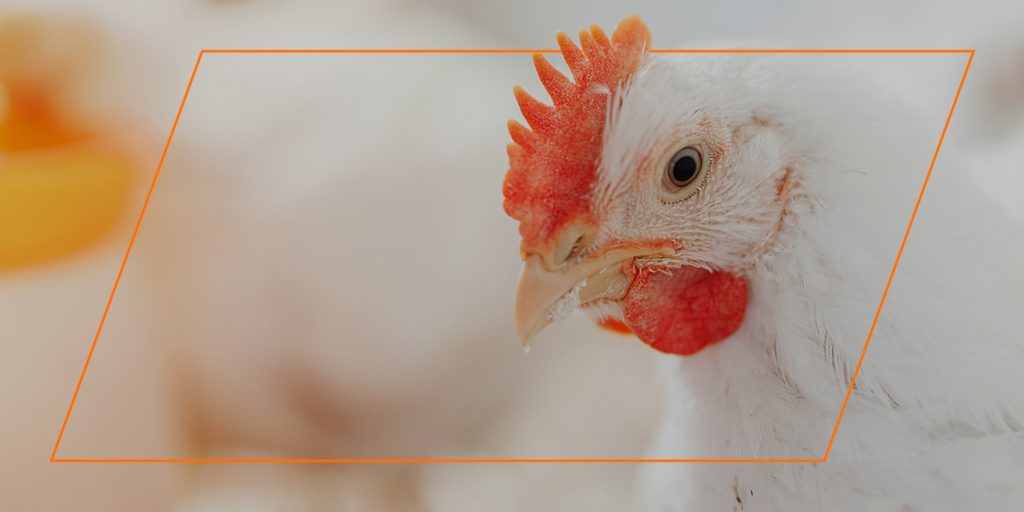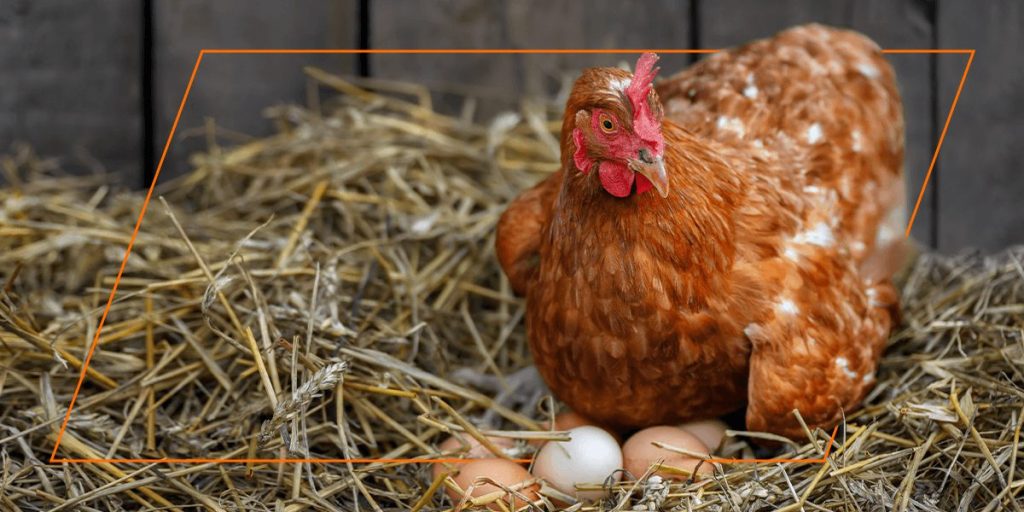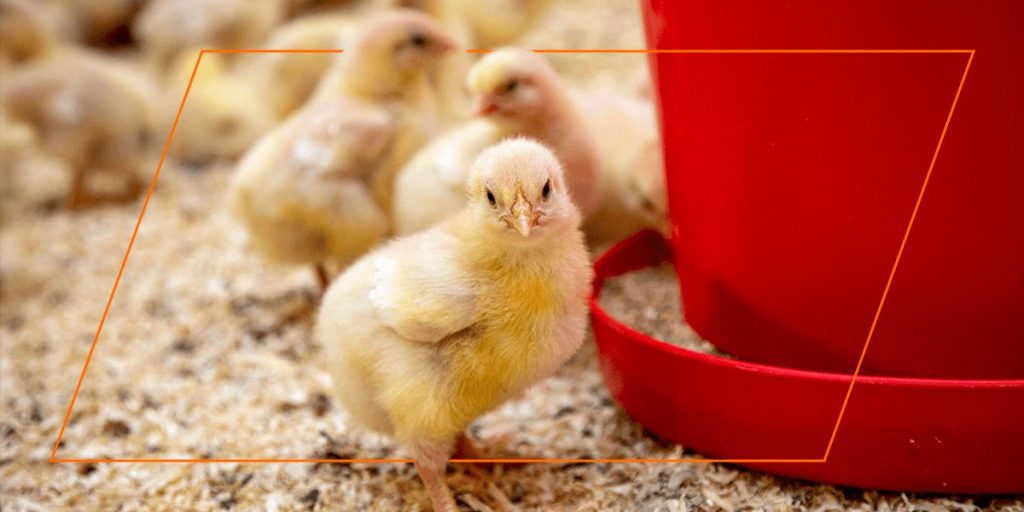Raising chickens requires a commitment of time and money. Whether you’re in the research stage or have a backyard flock, it’s useful to know how long it’ll take a younger hen to lay their first egg.
While each chicken and breed varies, a few signs may indicate when the egg-laying process will begin. Learn the best preparation methods and environmental factors you should consider to encourage the growth of quality eggs for years to come.
Discovering the Right Age for Your Chickens to Begin Laying Eggs
A newborn hen won’t be able to produce eggs until she feels ready. Like any other species, health and happiness are the best ways to encourage egg-laying. Depending on the quality of life, most hens start laying eggs around 18 weeks old to 6 months of age.
Factors Influencing the Onset of Egg Laying
The following factors affect when hens start laying eggs:
-
- Breed: Breed is one of the most important factors for egg production. Certain varieties within a breed, such as Rhode Island Reds, Australorps and Leghorns, will lay eggs sooner than others.
- Timing: Most birds identify when days get shorter during winter, and their body will tell them to stop laying eggs. On the other hand, some young chickens may lay eggs year-round and slow down during their next winter.
You should provide a healthy lifestyle to encourage egg production. Good nutrition and a safe, sanitary coop offer the best ways to prevent diseases among your flock.
Signs Your Chickens Are on the Cusp of Laying
You’ll see behavior changes when pullets are ready to lay their first egg. Some signs of readiness for egg-laying include:
-
- Spending more time with a rooster
- Investigating nesting areas
- Crouching for breeding
Insights and Guidelines About the Prime Time for Egg Laying
Well-fed backyard hens can lay up to 250 eggs during their first year of production. The popular egg-laying breeds that usually meet these goals include:
-
- White Leghorn hybrids
- Rhode Island Reds
- Blue Andalusians
- Ameraucanas
Some dual-purpose breeds reaching top performance include the Buff Orpingtons, Plymouth Barred Rocks, and Sussex.
Determining the Best Age for Egg Production
Typically, hens reach their peak production within their first year of life when they’re around 30 weeks of age. The egg production and quality naturally decline over time. You can expect hens to retire when they reach about six to seven years old.
What You Need to Know About Acquiring Laying Hens
Some indicators of a healthy, egg-laying bird include:
-
- Bright eyes
- A wide, deep body
- Large, red wattles and combs
- Bleached yellow beaks, skin and legs
- High activity and alertness
Mitigating Factors That Impede Egg Production
Keep these considerations in mind:
-
- Molting season: For around one or two months a year, hens focus on molting. The process of shedding old feathers and growing new feathers reduces egg-laying.
- Chicken pecking order: Typically, dominant chickens get access to water and food first. Adding or removing chickens can adjust your pecking order — as a result, the changed cycle may impact activities such as egg-laying, roosting and breeding.
- Light exposure: Hens lay fewer eggs when there are fewer daylight hours. Some chicken owners provide their flocks with supplemental lighting to help stimulate reproductive cycles.
- Nutrition: Chickens require amino acids, enzymes, trace elements, proteins, and vitamins. Organic poultry farming provides the most nutrients, which enhances egg-laying production.
Elevate Poultry Health and Egg Quality With Nature’s Best Organic Feeds
Breed selection, meticulous care and the choice of high-quality organic feed impact the egg-laying process. With over 75 years of experience, Nature’s Best Organic Feeds has become a leading choice for organic feed.
We offer a wide range of organic chicken feeds suitable for all life stages and needs. To find Nature’s Best Organic Feeds near you, use our store locator tool today!




